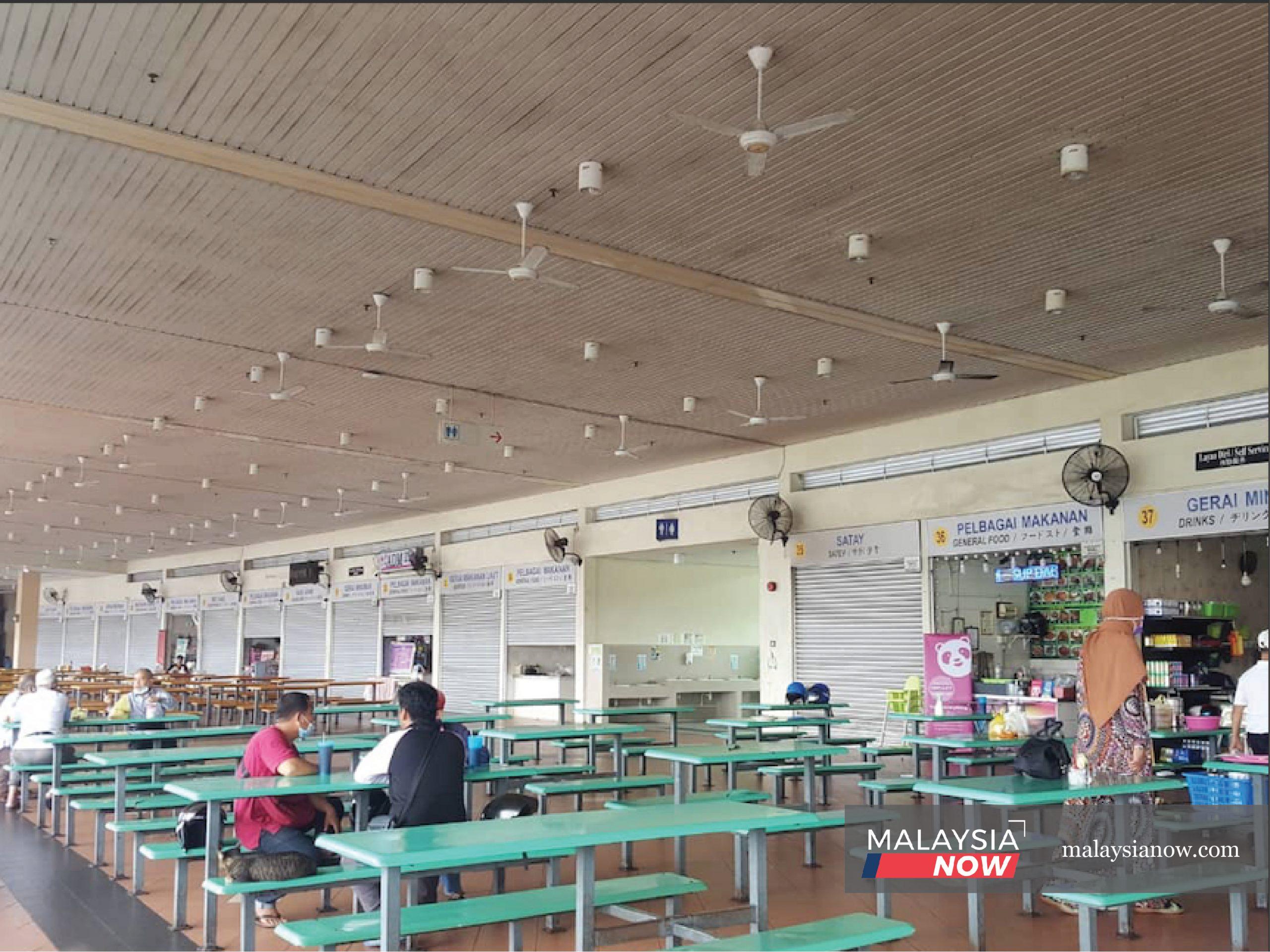Shift online brings cash flow problems for small food businesses in Sarawak
Simple things like delivery services can jeopardise their already shrinking revenue.
Just In
When the movement control order (MCO) was first implemented in March last year, Siti Masniah Zainudin had no choice but to move her food business online.
Today, with much of the country under a second instalment of the movement restrictions, it’s back to the digital world for her and for many other food operators like herself.
But making the shift online is easier said than done, as they have found.
“It’s not only about embracing the digital economy,” Siti Masniah, 56, told MalaysiaNow.
“Small businesses like ours have to go for online business because of the need to adapt to the new norm. But the surging demand to adapt is costing us more than usual. Even online sales don’t bring in much profit.”
Siti Masniah is in Kuching, Sarawak, the only state to remain under conditional MCO. This version of the movement restrictions allows more flexibility in terms of business and social activities.
“The surging demand to adapt is costing us more than usual.”
Still, many food operators are unsure if their businesses will recover by the end of the year.
Many at the Kubah Ria Complex said the pandemic which hit the country in early 2020 had taken a heavy toll on their business revenue.
“Prior to Covid-19, the dining area was thronged with locals and their families who came here to eat,” Adam Talit said.
“Now, no-one dines in. Many are hesitant to go out and prefer to order online from food delivery services.”
For Siti Masniah, Adam and thousands others, cash flow is a critical problem. The drastic drop in number of walk-in customers coupled with extensive health SOPs is compounded by the extra cost of arranging deliveries.
Siti Masniah said some food delivery services level “excessive” charges, as much as 50% of total sales which small businesses struggle to meet.
“Like it or not, small business owners have to look for ways to survive.”
One way is to raise the price of their food.
“But to simply increase the price is not easy,” Siti Masniah added. “The living cost in Sarawak, particularly here in Kuching, is cheaper than in other states.”
In Sarawak, she said, RM5 is enough to pay for a full plate of chicken rice or mee kolok.
“Like it or not, small business owners have to look for ways to survive.”
“But if I continue to sell nasi goreng cornbeef at RM7, imagine – with 50% service charged by the delivery platform, and other costs including rental fees and staff salaries, I don’t think my business can stay afloat.”
For Bob Lee who sells drinks, delivery to customers takes on an added layer of complexity.
“If a customer orders a hot drink, I have to buy extra inventory items to make sure the drink is safely delivered,” he told MalaysiaNow.
“There are many things to consider if I sell drinks online.”
Many of these vendors are hoping for a boost from the government to help them survive.
“It would be better if the government could provide subsidies for small businesses on delivery logistic costs,” Siti Masniah said.
Subscribe to our newsletter
To be updated with all the latest news and analyses daily.
